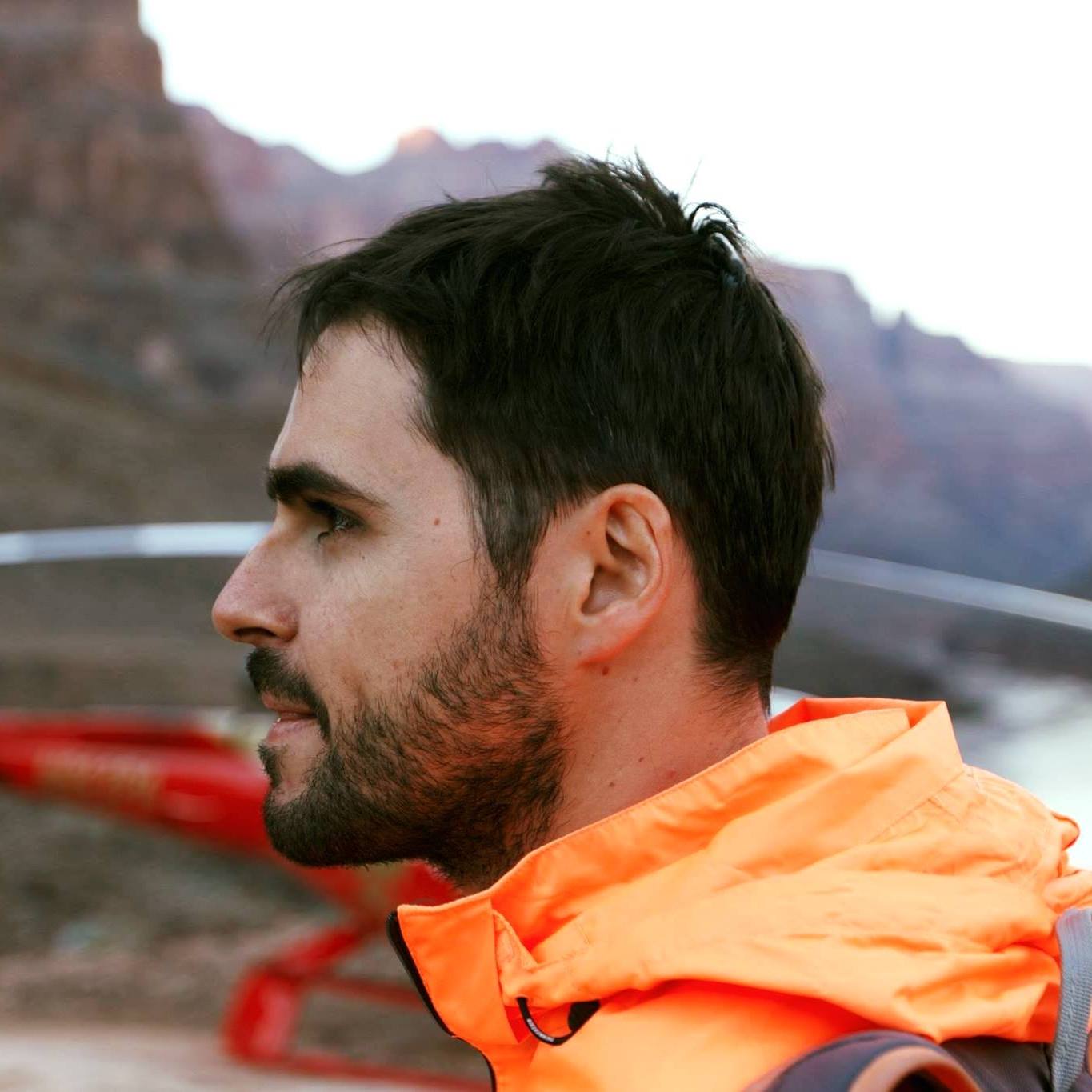Leslie Hook for Financial Times:
Uber is preparing to pour $500m into an ambitious global mapping project as it seeks to wean itself off dependence on Google Maps and pave the way for driverless cars.
It is interesting to watch how car manufacturers (namely VAG, BMW, Daimler) and the bigger mobility companies are trying to cut their dependencies with Google Maps.
It is not surprising though: Google is very vocal about its Autonomous Driving ambitions and sooner than later will have to clarify how Google Maps fits in its overall strategy. Mapping will be strategic for the AV future and I do not think that Google will provide all the needed mapping features (e.g. accuracy) to direct competitors.
By developing its own maps Uber could eventually reduce its reliance on Google Maps, which currently power the Uber app in most of the world.
Although Google was an earlier investor in Uber, the two companies have avoided working closely together and are now developing rival technologies for driverless cars.
Last year Uber hired one of the world’s leading digital mapping experts, Brian McClendon, who previously ran Google Maps and helped create Google Earth.
“Accurate maps are at the heart of our service and backbone of our business,” Mr McClendon said in a statement. “The ongoing need for maps tailored to the Uber experience is why we’re doubling down on our investment in mapping.”
Competition is always good and brings nothing but better products!
